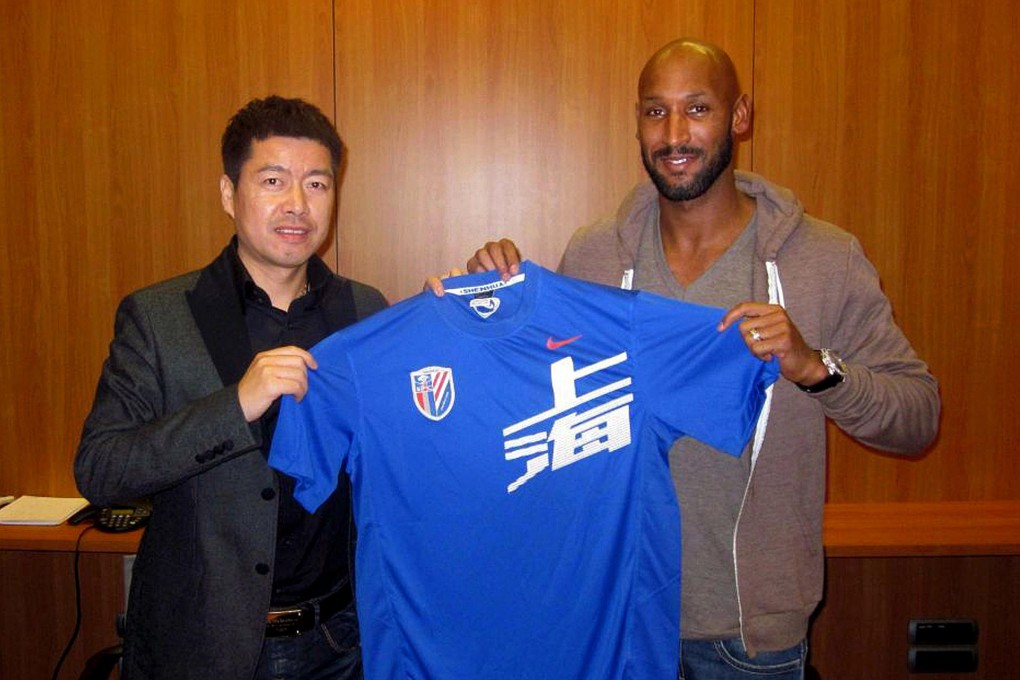Opinion | What's behind the wilting of Shanghai's 'flower'?
The threatened relocation of Shenhua soccer club to Yunnan is more about politics than the troubled team's finances

Shanghai's ambitions appear to know no bounds after its bid for the title of a global financial centre and the development of the mainland's first free-trade zone.
But can the nations' largest metropolis afford to lose its most-storied soccer club, Shanghai Shenhua - literally "The flower of Shanghai"?
Shenhua's future has been the talk of the town since internet tycoon Zhu Jun , who controls the club's management, announced plans to relocate the team to Yunnan province. Not surprisingly, the decision caused an uproar from the 20-year-old team's thousands of supporters.
Zhu, founder of Nasdaq-listed game developer The9, said the relocation was a desperate move to bail out the debt-ridden club since a clutch of Yunnan investors promised to pump fresh funds into the team on the condition that it set up base in the southwestern province.
On the surface, the fracas appears to be due to a dispute between Zhu and the five other major shareholders of the team, but in the reality the dispute has more to do with politics.
Zhu bought a 28.5 per cent stake in the club in 2007 and agreed to cover all operating costs, while the other stakeholders - five powerful companies owned by the local government - promised to be "silent partners". Under the pact, the companies would give Zhu a controlling stake of 70 per cent if his club investment eventually exceeded 150 million yuan (HK$190 million). The state-owned partners never honoured their agreement even though, Zhu claimed, his investment had topped 150 million yuan.
The stand-off came to a head in August 2012 when Zhu stopped paying salaries to former Chelsea attacking duo Didier Drogba and Nicolas Anelka, the two biggest stars introduced to the Chinese Super League, forcing the state-owned companies to shoulder their financial responsibilities since they had refused to hand over the controlling stake.
